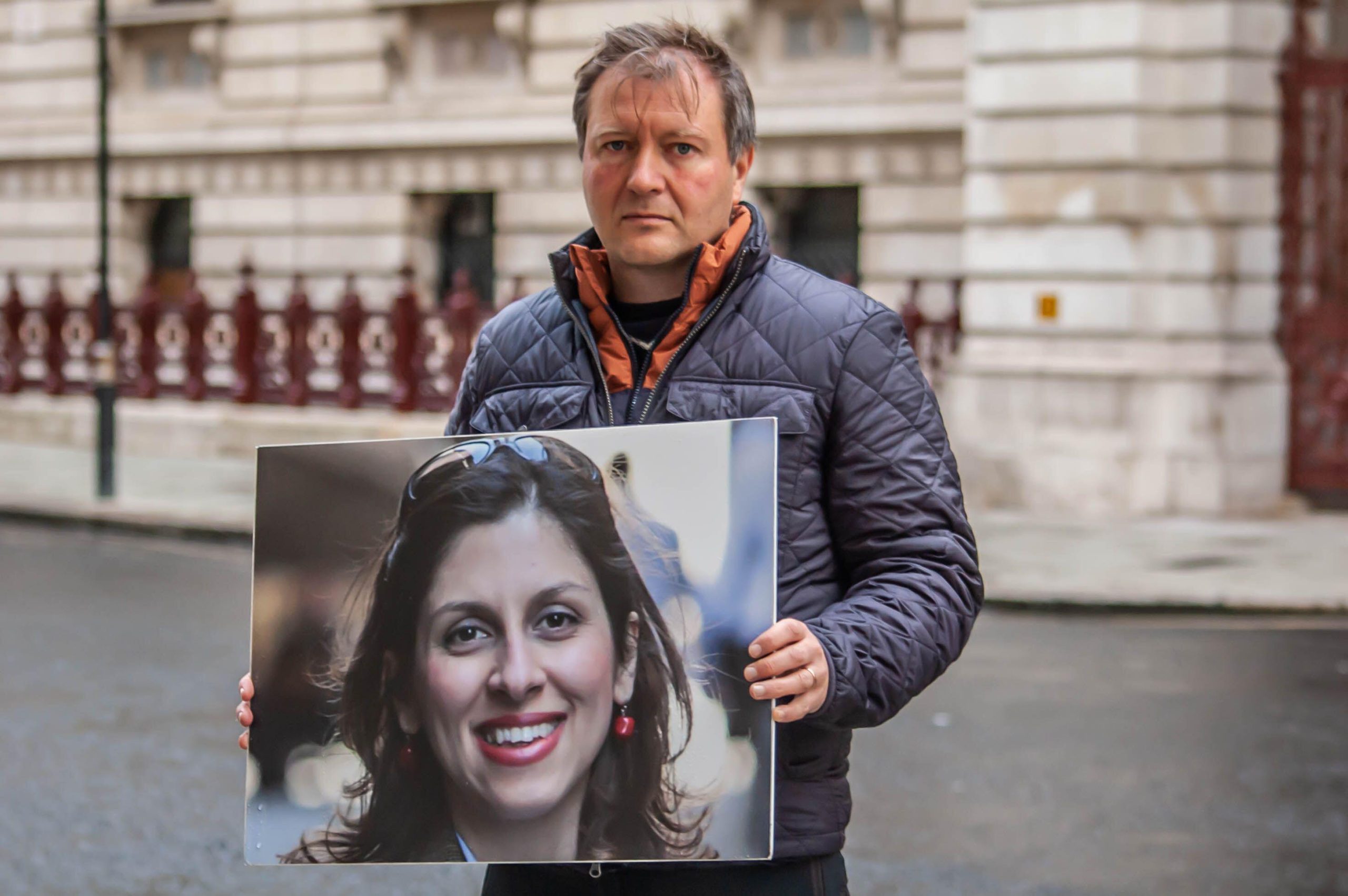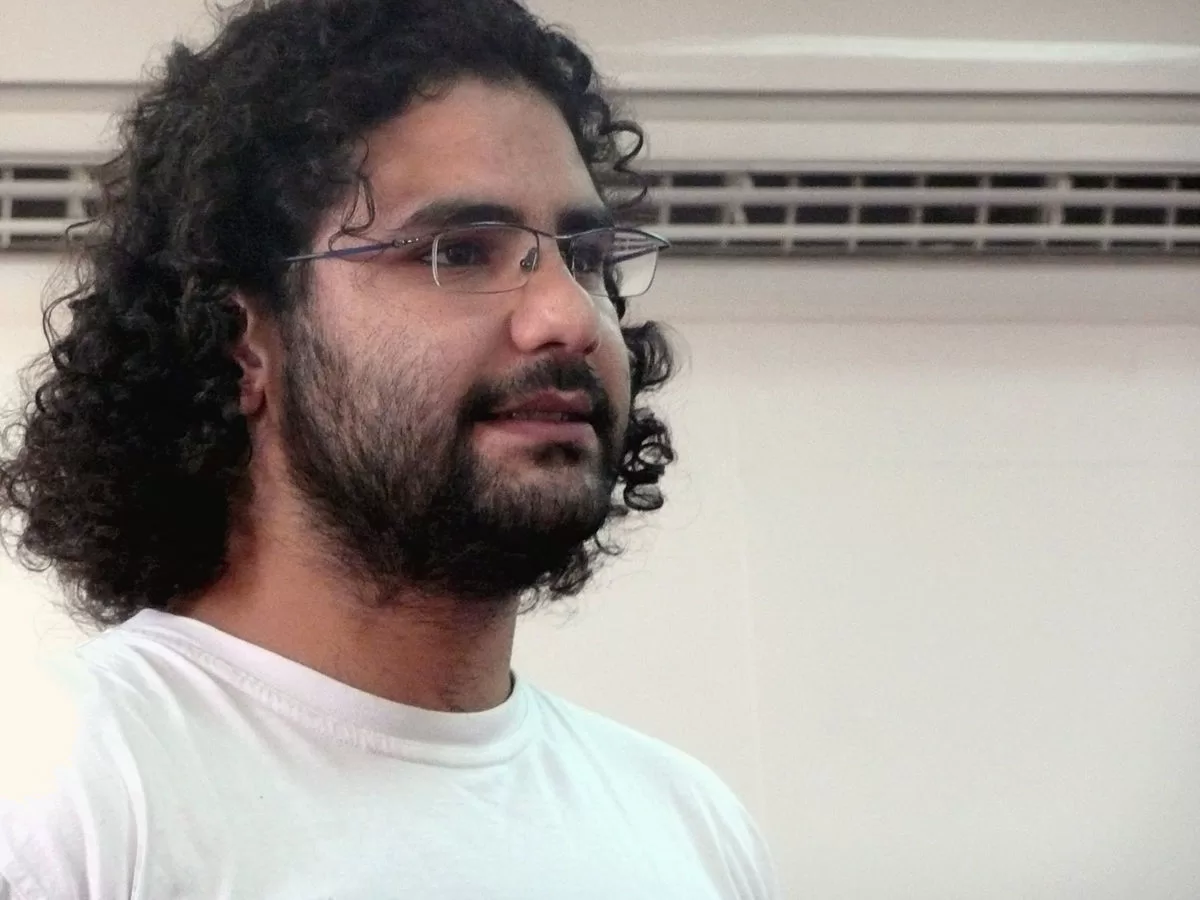A Cairo civilian court has ordered an end to the practice of forced virginity tests on female detainees in military prisons.
Judge Ali Fekry, head of the Egyptian Administrative Court, read out the ruling at noon on Tuesday in a courtroom packed with pro-democracy activists and journalists. The crowd immediately erupted in cheers of jubilation and anti-military chants. Activists outside the courtroom hugged and congratulated each other flashing the victory sign.
Samira Ibrahim, the 25-year-old woman who had filed a lawsuit against the army for ordering the virginity checks, is one of several female protesters who were subjected to the humiliating tests after being arrested by the military during a protest in Tahrir Square on 9 March.
In that demonstration, staged less than a month after President Hosni Mubarak was forced to step down, the Egyptian military had appeared to deliberately target the protesters. Soldiers dragged dozens of pro-democracy activists from Tahrir Square and through the gates of the Egyptian Museum.
Salwa Hosseini, a 20-year-old hairdresser who was among the protesters rounded up by the army later told CNN that uniformed soldiers had tied her up , forced her to the ground and repeatedly slapped her. They shocked her with a stun gun, calling her a prostitute.
Bowing to public pressure, the army later suspended the one year prison sentence it had handed the protesters. Hosseini and the other female protesters later told reporters “The army wanted to teach us a lesson. They wanted to make us feel that we do not have dignity.”
An Amnesty International report, published weeks after the March 9 protest, claimed female demonstrators were beaten, given electric shocks, strip-searched, threatened with prostitution charges and forced to submit to virginity tests .
After repeated denials by military authorities that the virginity tests had been conducted, a senior Egyptian military general finally admitted to CNN on 30 May 30 that the virginity checks had indeed been performed. The general however defended the practice.
“The girls who were detained were not like your daughter or mine,” the general said. “These were girls who had camped out in tents with male protesters in Tahrir Square.”
He added that the army had carried out the tests in “self-defence so that the women wouldn’t later claim they had been raped by Egyptian authorities.”
Wiping away tears of joy, Samira told reporters outside the courtroom Tuesday that “justice had at last been served.”
The court had postponed a hearing in November leading activists to suspect the case may drag on for months.
Human Rights lawyer Hossam Bahgat said the case was a “victory for all women” adding that it was the first crack in the army’s impunity.
Samira’s case marked the second “victory” for pro-democracy activists this week in rulings involving the army. Another court had ordered the release on bail of prominent blogger Alaa Abdel Fattah a day earlier. Alaa was accused of inciting violence against the military and attacking soldiers in deadly clashes between security forces and Coptic protesters demanding protection of their churches last October.
The military generals running the country since President Hosni Mubarak was forced out in February have faced mounting pressure from pro-democracy activists in recent weeks for rights violations. A series of nationwide protests broke out last week after the local and international media flaunted pictures of military brutality against pro- democracy activists who had staged a sit in outside cabinet headquarters demanding an end to military rule. A picture of a half-naked female protester being dragged and beaten by soldiers who had torn off her clothes, triggered public outrage and prompted thousands of Egyptian women to take to the streets last week chanting that “Girls are the red line” and “No to military rule”.
Similar slogans were repeated on Tuesday as Samira and the activists marched from the courtroom in Dokki to Cairo’s Tahrir Square to celebrate the ruling. Egypt’s first female presidential candidate, Bothayna Kamel, a staunch supporter of women’s and minority rights marched alongside Samira, leading the crowd over Kasr el Nil bridge to Tahrir. Male activists joined the rally forming a “protective cordon” to shield the women against any harrassers as they had done in the women’s march earlier in the week.
With calls growing louder in Egypt in recent weeks for a quick handover to civilian rule, the army appears jittery and willing to make concessions to appease a disgruntled public. The generals have expressed regret for the widely publicised photograph of the half-naked woman under attack from army soldiers. The apology, the release of blogger Alaa Abdel Fattah and the ruling to stop the virginity checks on female detainees all signal a clear policy shift by the army, away from the repressive tactics. But sceptics here wonder if it may be “too little too late” as plans are already underway for “a second revolution” on 25 January 2012 in Tahrir to force out the autocratic military rulers.




